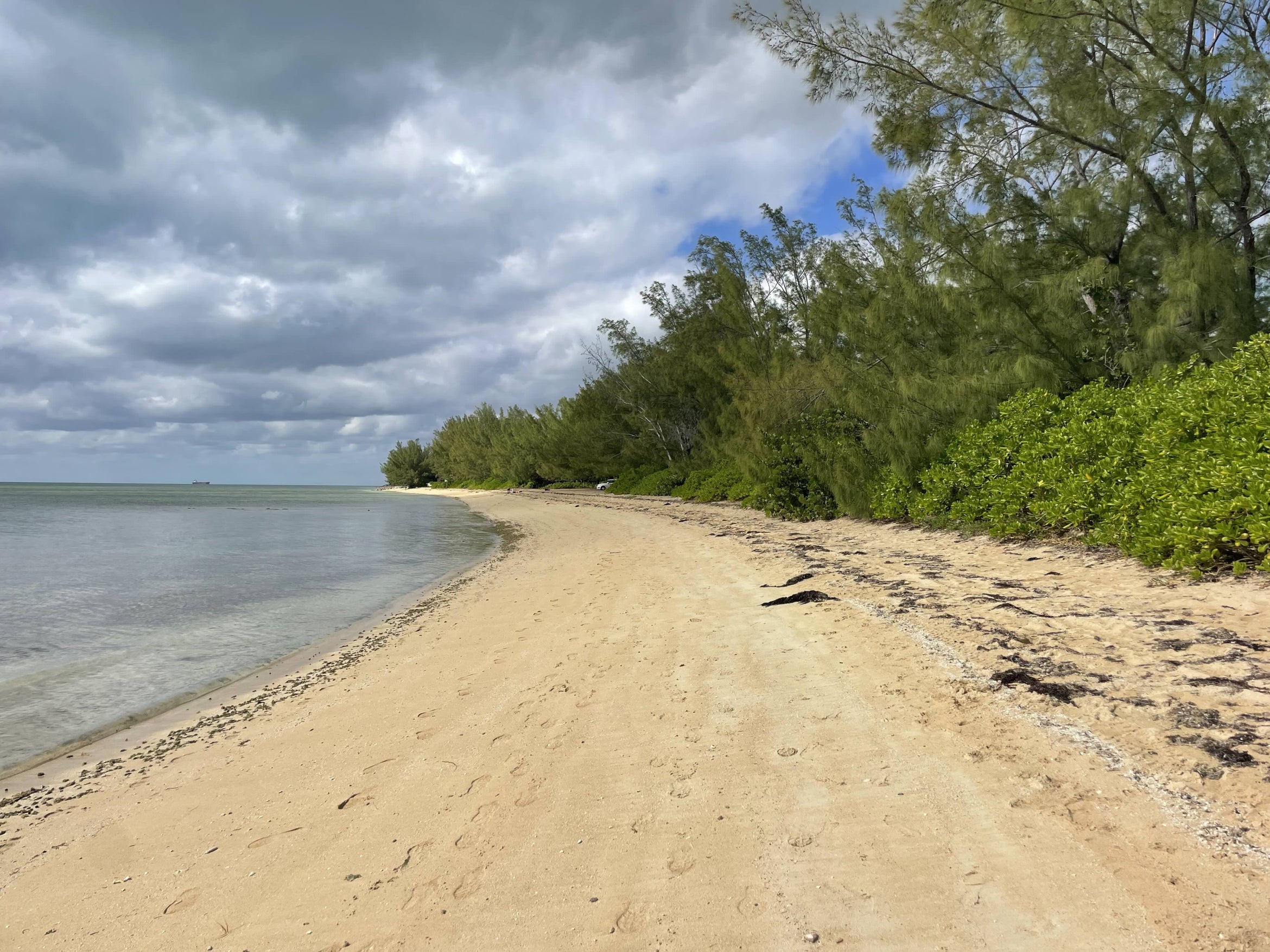
Searching for Solutions



Fixing the climate crisis will be a team effort. Scientists, policy makers and the general public will have to do their parts. But what will that look like? The UC Santa Barbara Conference on Social Science and Climate Solutions will seek to explore how researchers and community members engage in efforts to save the planet from catastrophe.
The conference will be live-streamed Monday, Oct. 11, from 2:45 to 5:15 p.m. It can be viewed remotely here, with the passcode “climate.”
Combating climate change is often seen as a technical challenge for engineers and researchers in the biological and physical sciences. But David Sherman, a professor in the Department of Psychological and Brain Sciences, said the social sciences play a vital role as well.
Indeed, scientists have identified causes and solutions for addressing climate change, said Sherman, one of three conference co-organizers, but implementing them is an inherently social problem involving collective and individual actions.
“That is where the social sciences come in,” he said. “The social sciences can address how cultural, political and economic systems influence why individuals and collectives fail to act to address climate change. As social and psychological factors are barriers to change, how can research in the social sciences identify means to surmount these barriers?
“Moreover,” Sherman continued, “how are the impacts of climate change felt differently for communities that vary in resources and history — and how can the society promote greater fairness in devising and implementing strategies to adapt to climate change and prevent environmental damage? And when social scientists discover important levers to promote, for example, reduction of carbon emissions, how can researchers interface with industry to magnify beneficial impacts?”
Sherman, whose research focuses on social psychology, said those are issues that the social sciences have been examining from multiple perspectives. And the goal of the conference, he added, is “to present a wide range of research from scientists on sustainability as well as an examination by researchers of how to magnify the beneficial impact of climate change research for all members of society, a process that as we say, requires reflection and engagement.”
Sherman noted that many of the conference organizers and speakers began working together in an interdisciplinary way in the 2013-14 academic year with support from the UCSB Crossroads Program, which led to the creation of a course on Psychology, Environment, and Public Policy.
Sarah Anderson, a professor in the Bren School, is also director of the Center for Social Solutions to Environmental Problems (CSSEP), one of the conference sponsors. The event’s theme, she said, “is exactly in line with CSSEP’s mission.”
“So often, we have technological and policy solutions available to solve environmental problems, but we lack the political and societal will to implement those solutions,” Anderson said. “This conference brings together social scientists from a variety of disciplines — political science, psychology, sociology — to help understand the human dimensions of solving environmental problems.
“The conference also dovetails with the mission of the UC Disaster Resilience Network that mobilizes talent across the UC system to help overcome existential threats that natural disasters and humanitarian crises pose to society,” she continued. “And climate change is surely one of those existential threats. My talk, for example, will address how connecting natural disasters that people have experienced — in this case the Montecito debris flows — to climate change can mobilize political conservatives to support action to mitigate and adapt to climate change.”
Leaf Van Boven, co-director of the Center for Creative Climate Communication and Behavior Change (C3BC) at the University of Colorado Boulder, said his group confronts the climate by creatively communicating and changing human behavior.
“C3BC supports endeavors that, at scale and grounded in cutting edge climate science, will advance climate conversations, increase civic engagement and, ultimately, change culture,” said Van Boven. “C3BC is co-sponsoring the conference because it blends critical themes necessary to achieve these goals: advancing social science to undergird effective communication, expressing and changing culture through creative work, and engaging both scientists and the broader community.”
Van Boven’s presentation will argue that political elites should lead, not follow, public opinion. Politicians, he said, often cite limited public support as a reason not to prioritize climate policy.
“But politicians and other political elites can lead and shape rather than follow public opinion,” he said. “Randomized experiments show that cues from political elites set social norms that influence public opinion. People support policies when advocated by bipartisan groups, trusted experts and their own party’s trusted political leaders more than the same policy advocated by distrusted opposing political leaders.”
The conference was organized by Sherman, Anderson and Van Boven, a professor in Colorado’s Department of Psychology and Neuroscience. It will feature some creative elements as well.
“The solutions needed to address the climate crisis require creativity,” Sherman said, “and the event will feature the work of creative artists who can help us understand the impact of climate change by communicating to us all what we have done, where we are and where we may be going.”
Participating artists will include Madeleine Galas, a College of Creative Studies and senior art honors student who will present a zine she created in Sarita Zaleha’s art department course on book arts. Amrah Salomón, an assistant professor of English, and David Starkey, former poet laureate of Santa Barbara, will present poems. The reception will feature music by UCSB alumna Lucy LaForge.
The conference is supported by the College of Letters and Science, in addition to CSSEP and C3B3.



